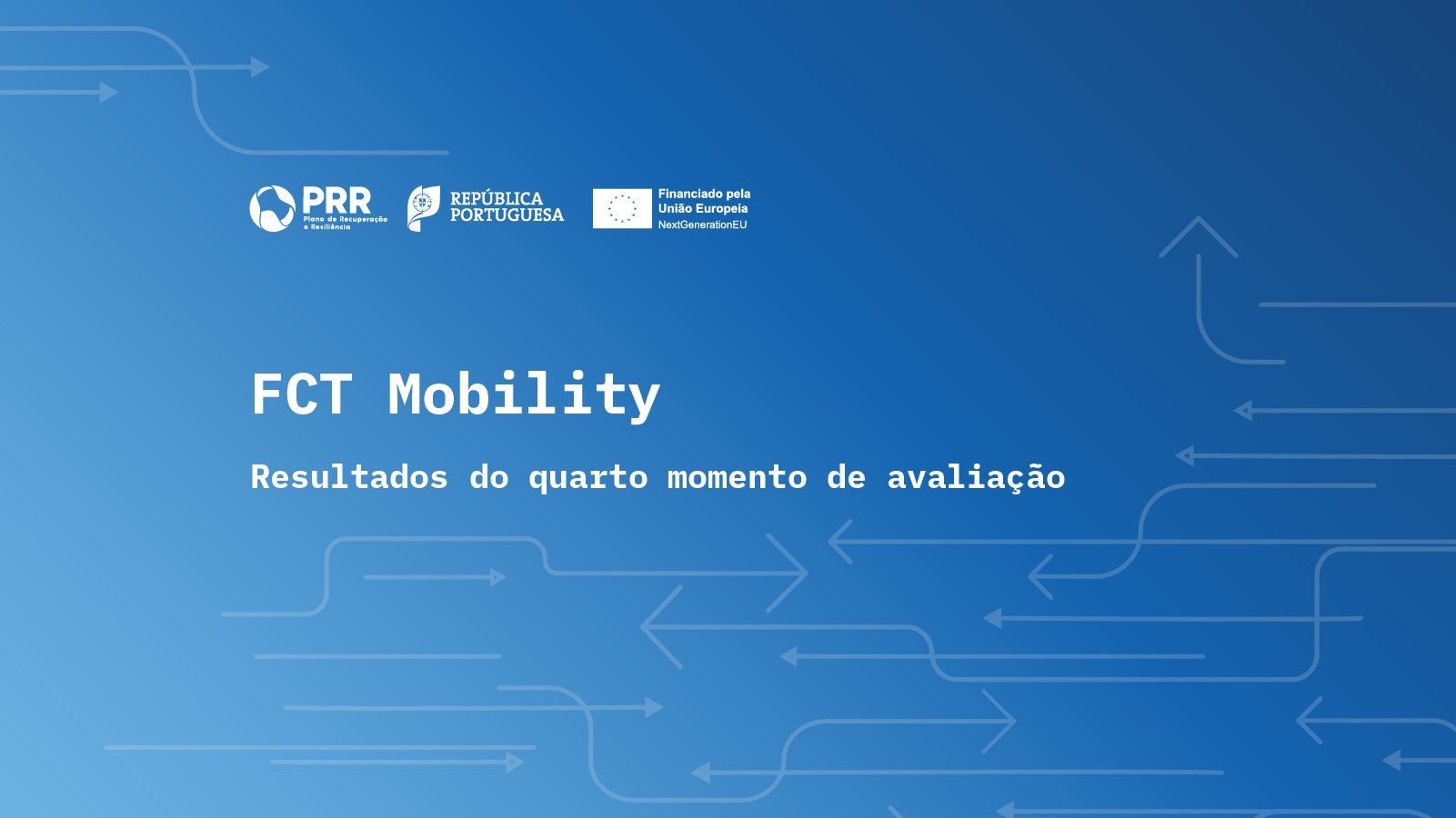Cardiovascular prevention during flu season

With the arrival of flu season, it is crucial to highlight a worrying clinical reality: patients with cardiovascular risk have increased vulnerability during this period. This means that, for these patients, the flu ceases to be a common respiratory infection and can act as a trigger for an increased risk of serious cardiovascular events, including acute myocardial infarction, stroke, and decompensation due to heart failure. Understanding this relationship and adopting appropriate preventive measures is essential to avoid potential complications.
We know that people with high cardiovascular risk are in a particularly vulnerable situation when faced with influenza. On the one hand, they are usually people with underlying health conditions that compromise their immune system, making them more susceptible to viral infections, especially influenza. On the other hand, a dangerous cycle is established: the influenza infection itself can destabilize and worsen pre-existing cardiovascular diseases, precipitating the risk of acute events that can be more or less severe.
This bidirectional relationship is concerning, since respiratory infection does not remain confined to the respiratory system and can significantly worsen underlying cardiovascular disease, increasing the risk of serious complications in patients with a very high-risk profile. We are referring here to patients who have already suffered previous cardiovascular events, such as acute myocardial infarction or stroke, as well as those with chronic renal failure. Equally vulnerable are patients with multiple cardiovascular risk factors: diabetes mellitus , dyslipidemia (high cholesterol), and especially hypertension, which continues to be the leading risk factor for cardiocerebrovascular diseases.
It is therefore essential to emphasize that inadequate control of these risk factors will increase vulnerability. An uncontrolled hypertensive patient, for example, presents a much greater fragility and a much higher risk of serious complications associated with influenza. Control involves prevention, through influenza vaccination, but also regular monitoring of blood pressure values, routine blood tests, and adherence to the therapy prescribed by the doctor.
When the days start to get cooler, I usually advise patients to eat a vegetable soup, which can be an excellent base for the meal. If we add to this a balanced diet, the lowest possible alcohol consumption, the elimination of tobacco, blood pressure control and the practice of physical exercise, we can better protect our cardiovascular health.
Regarding physical activity, people often associate exercise with the gym, with something very organized, but it doesn't have to be that way. They can do simple things: take out the trash, take a walk around the block, park the car a little further from their destination so they can walk, take the stairs instead of the elevator. The important thing is to move around a little and not be so sedentary, especially since we know that winter, in itself, is a time when people no longer have as much desire to go out and be active.
Regarding vaccination, there's a very Portuguese tendency to focus on a negative aspect, and this happens with complications after the flu vaccine, which becomes a myth that needs to be debunked. It's crucial that people understand that the flu vaccine has been extensively tested and has been around for many years. It's true that it's modified according to the circulating strains, but the experience is abundant, as is the safety associated with its use.
On the other hand, people often refuse the vaccine arguing that they will still get a cold, but one thing has nothing to do with the other. A common cold is not the flu: the flu is something more complex and serious, causing high temperatures and malaise that can last for several days. This means that, for an older person or someone with other health complications, the body may not tolerate this infection as well. It is precisely the flu vaccine that will protect us against the disease and all the decompensation it can cause.
People should therefore not be afraid to get vaccinated and should take care of themselves, especially those with other chronic diseases, such as hypertension, dyslipidemia, diabetes or heart failure, for example.
It is important to avoid crowded places and not forget basic hygiene measures: wash your hands frequently, cover your mouth with tissues when coughing or sneezing, and air out and ventilate spaces. We must think about the people around us and worry not only about our own health, but also about the health of others.
observador




